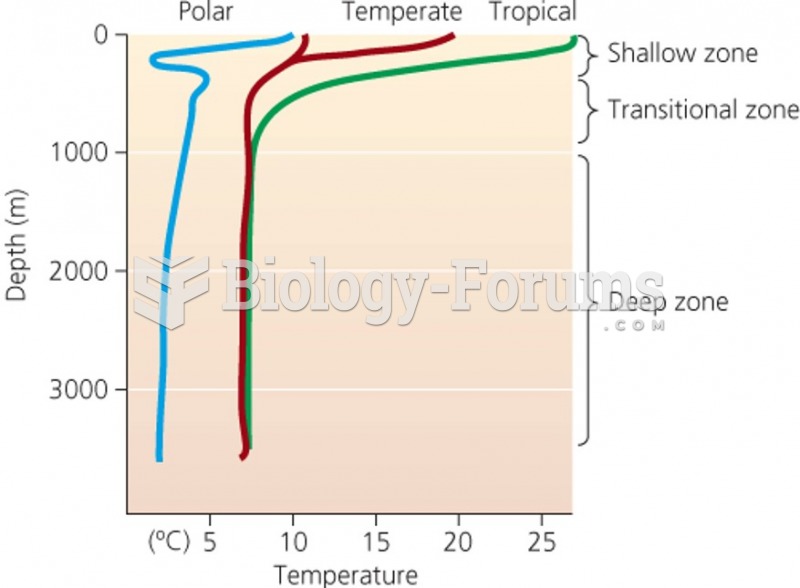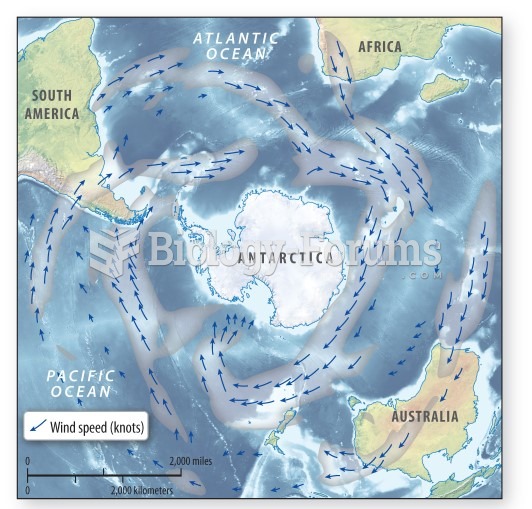|
|
|
Did you know?
People with high total cholesterol have about two times the risk for heart disease as people with ideal levels.
Did you know?
According to the CDC, approximately 31.7% of the U.S. population has high low-density lipoprotein (LDL) or "bad cholesterol" levels.
Did you know?
Adults are resistant to the bacterium that causes Botulism. These bacteria thrive in honey – therefore, honey should never be given to infants since their immune systems are not yet resistant.
Did you know?
Most childhood vaccines are 90–99% effective in preventing disease. Side effects are rarely serious.
Did you know?
On average, someone in the United States has a stroke about every 40 seconds. This is about 795,000 people per year.







